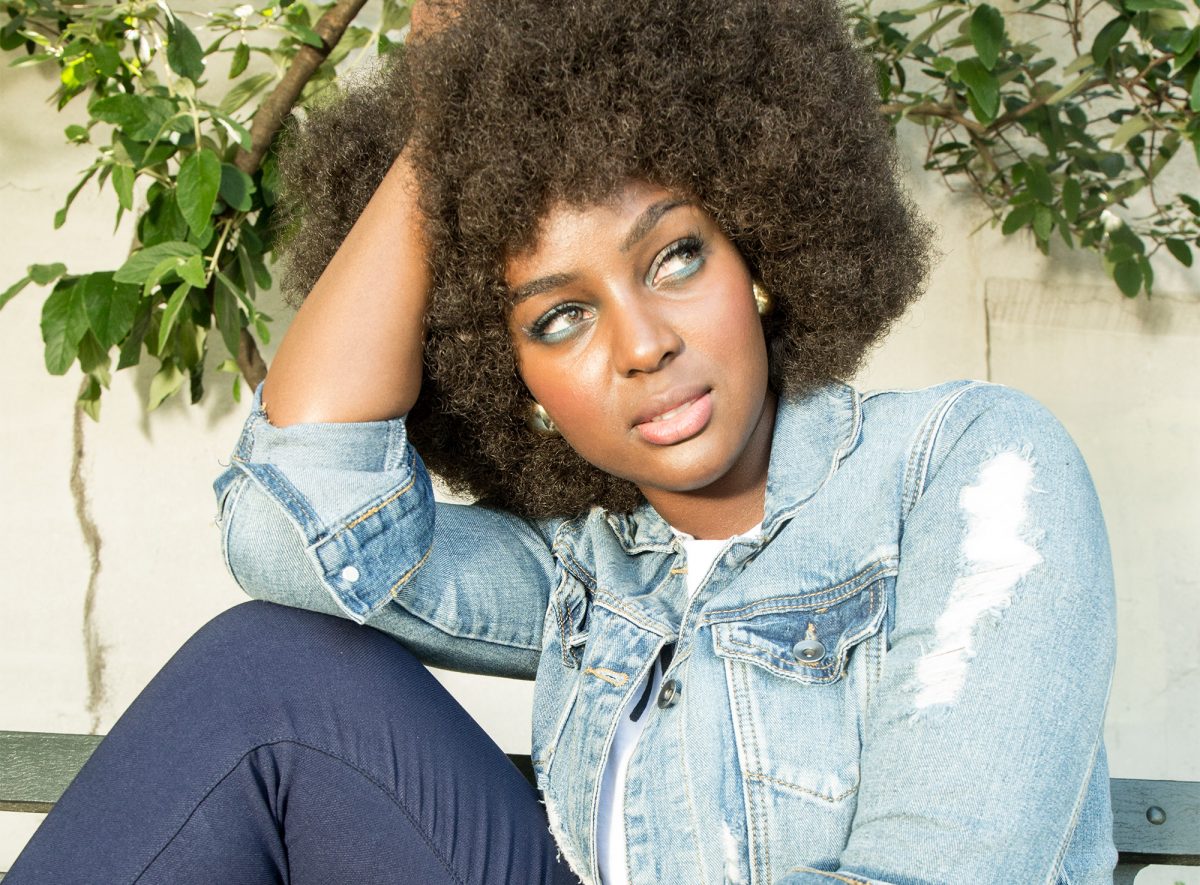Continuing her Love & Hip Hop: Miami media tour, Dominican singer Amara La Negra stopped by the infamous morning hip-hop program The Breakfast Club on Monday to talk about the show, her music, and her recently announced record deal with BMG Records. But the mood instantly turned hostile when hosts Charlamagne Tha God and DJ Envy sparked a debate about her race and ethnicity, and invalidated her experiences of erasure as an Afro-Latina in the entertainment industry.
Amara, who kicked off the interview by expressing how excited she was to be on the same show as her idols, was quickly met with the question “What are you?” from Charlamagne. Both the male hosts showed their lack of understanding regarding Latino experiences when they revealed that they thought Afro-Latino meant being half-black, half-Latino (or even “Latino with an afro”). Co-host Angela Lee, who showcased a better grasp of the term’s definition, mentioned they already discussed Afro-Latinidad when Orange is the New Black’s Dascha Polanco appeared on the show in the past.
In response, the Miami-born singer, who is sadly accustomed to these situations, used the show’s platform to share her experiences in the entertainment business and the real world, and educate listeners who might share these thoughts. “It’s really sad that I even have to answer these questions; the fact that I have to feel as if I have to prove myself ‘cause every single part of me is being questioned,” Amara commented.
Besides taking the time to once again challenge accusations of blackface, she also talked about the incident with Young Hollywood that aired on the premiere of LHHM. She revealed their unedited interaction was even worse. “Why is your hair so nappy like that; what’s wrong with it?” She pointed out that the producer hasn’t yet apologized for the incident.
As cringeworthy as it is, interactions like these once again belie the general ignorance there is surrounding Afro-Latinx identity in the United States, and why it is so important to have Amara in the spotlight bringing these conversations to new places.




